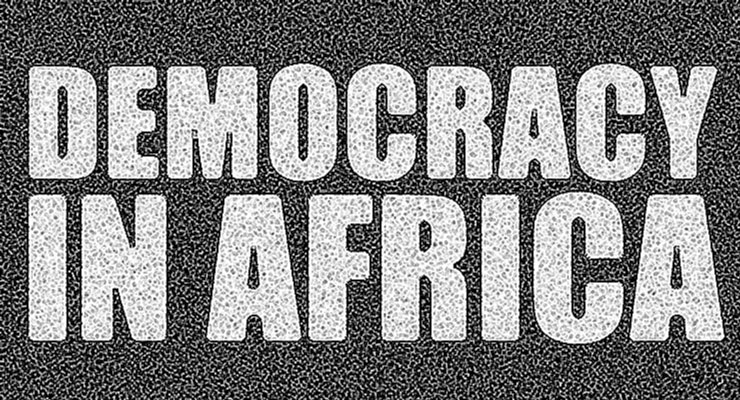 The three arms of government are the Legislative, the Judiciary and lastly the Executive. The Executive in Africa, however, tends to dominate the other two arms of government, which has been detrimental to democracy on the continent. Nonetheless, recent legislative decisions show that the courts may just be the institution to protect democracy in Africa. Nic Cheeseman had this very interesting insight in The Africa Report. Here is an excerpt:
The three arms of government are the Legislative, the Judiciary and lastly the Executive. The Executive in Africa, however, tends to dominate the other two arms of government, which has been detrimental to democracy on the continent. Nonetheless, recent legislative decisions show that the courts may just be the institution to protect democracy in Africa. Nic Cheeseman had this very interesting insight in The Africa Report. Here is an excerpt:
In Kenya, five high court judges ruled that the controversial constitutional amendments proposed by the government were irregular, illegal and unconstitutional. As a result, plans to introduce the changes ahead of the 2022 general elections have been undermined. In Zimbabwe, the high court ruled that the country’s chief justice, Luke Malaba, had to retire because the extension of his tenure by the president was illegal. Now a key ally of the president can no longer rule in his favour.
These events naturally raised hopes that the judiciary might inspire a ‘much needed consolidation of constitutionalism and democracy’. But judges don’t operate in a vacuum, and past experience tells us that their ability to do this depends on the role played by civil society groups, the security forces and other state institutions – and having a democratic constitution to begin with.
The importance of precedence
The recent decisions in Kenya and Zimbabwe came against the backdrop of a number of landmark judicial rulings in recent years. Most famously, Kenya’s supreme court became the first judicial body in Africa to nullify the election victory of a sitting president following a disputed poll in August 2017. Malawi’s constitutional court followed suit in in 2020, when it negated the victory of President Peter Mutharika following the infamous ‘Tip-Ex’ election of 2019.
Read the full story here.
Leave a Reply